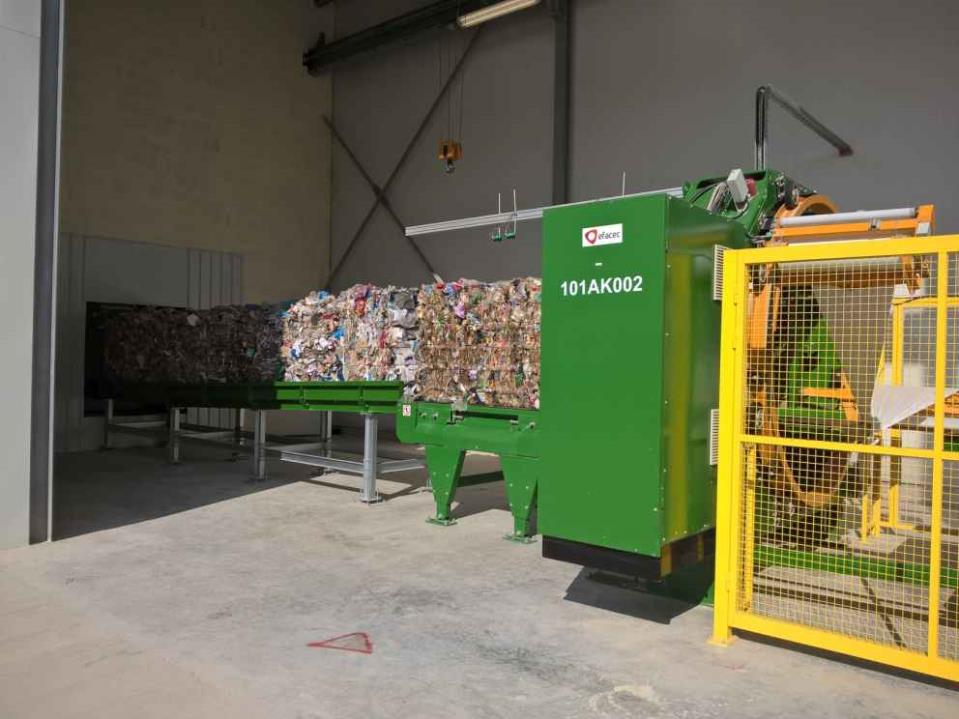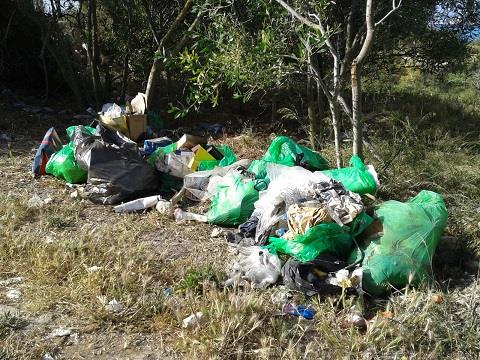Malta is still far from reaching its waste management 2020 targets, GreenPak CEO Mario Schembri told The Malta Independent on Sunday, highlighting the urgent need for consumers to recycle more of their materials.
Established in 2004, GreenPak is a post-consumer waste recovery cooperative owned by the very companies using GreenPak’s compliance services.
The need for less garbage to be sent to Maghtab is becoming increasingly important as complaints about odours emanating from the landfill resurfaced this summer.
The government’s 2014-2020 Waste Management Plan’s aim is to move waste management in Malta up the waste hierarchy through increased prevention, re-use, recycling and recovery. This depends on the transformation of a variety of characteristics, not least current population habits, waste volumes generated, waste collection practices, waste infrastructure and output markets.
Mr Schembri said that the target in 2013 was to limit organic waste (Biodegradable and Municipal Waste – BMW) to under 70,000 tonnes. “According to latest available data in 2011, Malta sent almost double the target – around 110,000 tonnes to landfill. No other official data is currently available in the public domain on this since 2011. Malta’s aim is to send less than 50,000 tonnes to landfill by 2020.”

While the amount has decreased from 161,000 tonnes back in 2009, Malta still has a way to go to reach its goal.
“We should have already reached our targets, but we have been given an extended period,” Mr Schembri said.
The same statistics for 2011 also show that 9,100 tonnes of BMW was recycled, and 10,000 tonnes were recovered.
As for Waste Electrical and Electronic Equipment (WEEE), the target is to collect 65 per cent of the average weight of electrical and electronic equipment. In 2012, collection was recorded at 20.39 per cent, he explained.
Turning to packaging, Mr Schembri said the overall target for the recycling of packaging was 55 per cent, “However, in 2011, overall recycling of packaging was recorded at 42.3 per cent. According to Eurostat, Malta’s 2014 overall performance for packaging was 41.1 per cent.”
He explained that another new target for a different waste stream comes into effect in 2020. This is for the recycling of newsprint, magazines and junk mail. “The target for 2020 is 50%. So far, no official data is available on how much household waste, including paper, is recycled.”

Mr Schembri believes the Maltese are being pampered when it comes to waste collection. “There is no place in Europe, aside from Malta, which has daily door-to-door collection. Here in Malta, there are local councils that even offer collection services on Sundays. Having such an excellent service, how can one explain the fact that littering remains a problem plaguing the island?
“Why do people still go to a bring-in site to illegally dump their black garbage bag next to it? Why do people go through the laborious process of carrying a washing machine to their car to dump it in the countryside, when all they have to do is call the council to book the bulky refuse truck?
“This is most definitely linked to public behaviour. They are pampered, and some are still so narrow-minded they don’t realise the excellent service they receive,” he said, adding that separating waste still has a long way to go for Malta to reach its targets and make an environmental difference.
Read the full interview with Mario Schembri in tomorrow’s edition of The Malta Independent, in which Mr Schembri highlights issues related to enforcement and bring-in sites